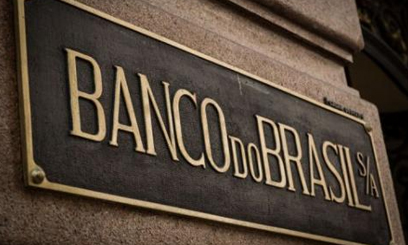RIO DE JANEIRO, Aug 28 – The Brazilian economy is on a gradual upturn from the slowdown begun in mid 2011, the IMF said Wednesday, while urging Brasilia to continue efforts to rein in inflation.
“Brazil’s economy is recovering gradually from the slowdown that began in mid 2011, the IMF Executive Board said in its annual assessment of the Brazilian economy.
It hailed the Brazilian government for beginning this year “to focus on alleviating supply-side constraints (including infrastructure bottlenecks) and containing inflationary pressures by tightening monetary policy.”
Wednesday, the Brazilian Central Bank was set to announce a new half percentage point hike of its key interest rate to 9 percent, according to most analysts.
The country’s 12 month inflation reached 6.27 percent in July, close to the upper limit of the government target of 6.5 percent.
IMF board stressed that “comprehensive efforts to boost productivity, competitiveness, and investment are critical for raising potential growth.”
“To this end, it will be important to increase domestic saving, improve the minimum wage indexation mechanism, and continue to reform the pension system,” they added.
The Brazilian government initially forecast 4 percent GDP growth this year, but gradually revised downward, the last time last week to 2.5 percent.
The IMF is also projecting 2.5 percent growth.
Brazil posted an anemic GDP growth of 0.9 percent last year after 2.7 percent in 2011.
The IMF also commended Brazilian authorities “for their long standing commitment to sound policy frameworks,” including the flexible exchange rate.
The real sank to 2.45 to the greenback last week, its lowest level since 2008.
The International Monetary Fund also welcomed “the initiation of a monetary tightening cycle, and agreed that monetary policy should remain geared at containing inflationary pressures and anchoring inflation expectations.”
It voiced support for the government’s market-based concessions program, saying it “would boost investment and alleviate infrastructure bottlenecks.”



































